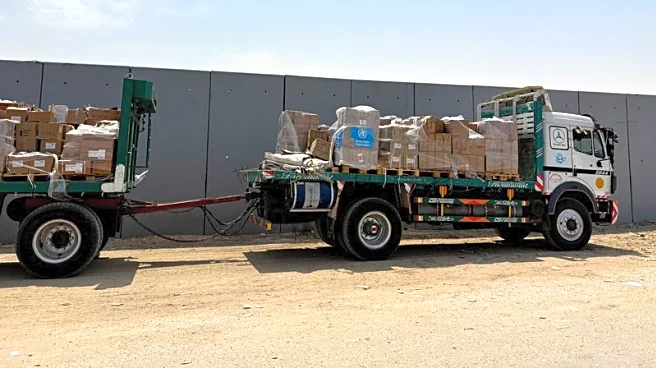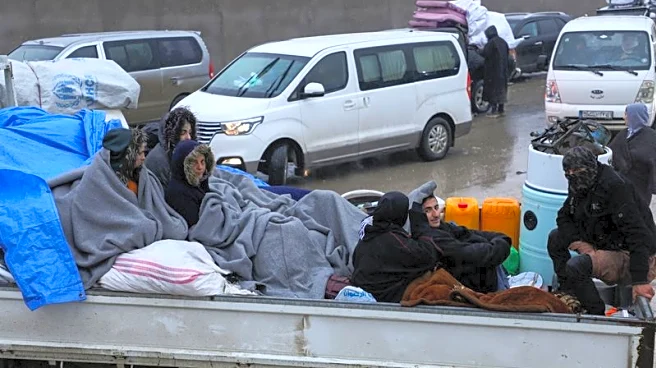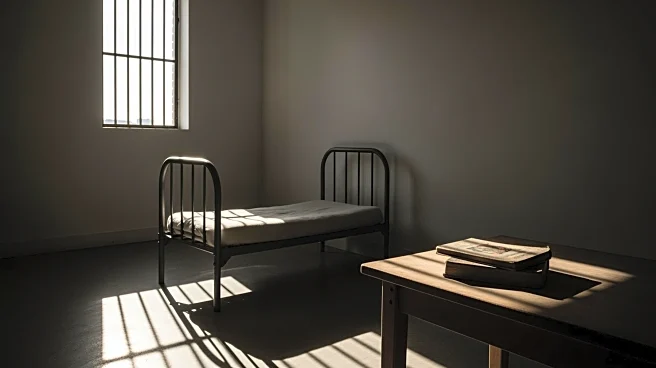By Olivia Le Poidevin
GENEVA (Reuters) -The World Health Organization has run out of critical medical supplies in Gaza that it needs to treat a surge in cases of a rare paralysis-causing syndrome in the Palestinian enclave, the U.N. agency said on Friday.
There have been 94 documented cases of Guillain-Barré syndrome in Gaza since June, resulting in 10 deaths, although GBS had rarely been seen in the enclave before the Israel-Hamas war began nearly two years ago, it said.
GBS is a rare condition that
involves a person's immune system attacking the peripheral nerves. Severe cases can result in near-total paralysis and breathing problems, the WHO said.
The fatalities include four children under 15 and six older patients with an average age of 25, the WHO said. Two of the victims had received no treatment, reflecting critical shortages in essential treatment supplies, it added.
Although GBS is usually treatable, the WHO said its treatment efforts were constrained by a lack of certain medical supplies.
"Intravenous immune globulin (IVIG), the (Gaza) Ministry of Health's first-line treatment for GBS, and plasmapheresis filters remain out of stock, leaving no treatment options available for suspected GBS cases," the WHO said.
Plasmapheresis is the removal, treatment and return or exchange of blood plasma or components thereof from and to the blood circulation, it said.
The surge in GBS has primarily been driven by gastrointestinal and respiratory infections, closely linked to deteriorating water, sanitation and hygiene conditions, it said.
"Given the water sanitation and health situation...the conditions are ripe for any infection," WHO spokesperson Christian Lindmeier told reporters in Geneva.
Overcrowding and compromised immunity in the population, compounded by rising malnutrition cases, are also factors, the WHO said.
A report released on Friday by a global hunger monitor, Integrated Food Security Phase Classification, said about 514,000 people - nearly a quarter of Gaza's population - face famine conditions in Gaza City and surrounding areas.
Though surveillance has improved, diagnostic capacity is limited, and serum samples from suspected GBS cases admitted to hospitals are being sent abroad for testing, the WHO said.
Aid agencies say only a trickle of the aid that is needed, including medicine, is reaching people in Gaza since Israel lifted a blockade on aid in May. Israel says it is allowing in aid but must prevent it being diverted by Palestinian militants whom it blames Hamas for Gazans' suffering.
(Editing by Timothy Heritage)

















